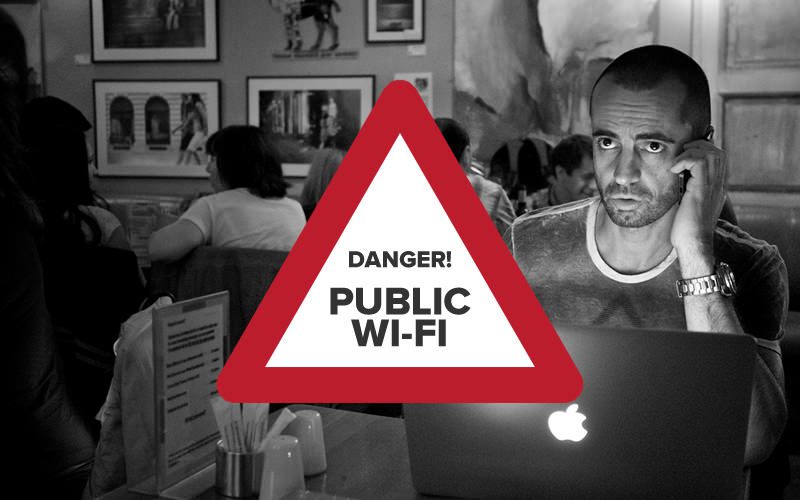
Last month, New York City unveiled a grandiose new plan to replace the city’s old, dilapidated phone booths with sparkling new public Wi-Fi hotspots. These hotspots let people charge their devices, make phone calls, and browse the web. Best of all, the routers provide fiber Internet for the city’s 8 million residents absolutely free of charge!
So, what’s the catch?
While we’re not dogging this great initiative at interconnectivity, it does come with a few caveats: 1), users must submit their email addresses and agree to have their browsing habits recorded before they can use the service; 2), those same email addresses are kept in a massive database; and 3), there is probable reason to suspect these servers are being watched by the NYPD and other surveillance groups.
Seems like this ‘free’ service may not be that free after all.
Public Wi-Fi Means You Pay with Privacy Instead of Cash
LinkNYC provides “superfast, free public Wi-Fi, phone calls, device charging and a tablet for Internet browsing, access to city services, maps and directions.” While they boast about replacing nearly 7,500 pay phones with Wi-Fi hubs, they fail to mention how these new hotspots also track your browsing habits.
According to the terms of service, as soon as you log in, LinkNYC will be able to monitor your network traffic, see which pages you visited and for how long, look at your Google searches, track what you downloaded, and more.
Yeah. That’s pretty scary. Scarier still is the fact that most people don’t even read the terms of service before signing up. It's no stretch to say the majority of people who use this service may be tracked without ever knowing.
A One-Time Connection for a Lifetime of Information
The New York Civil Liberties Union (NYCLU) was quick to defame the new service, arguing it's just another way for telecom companies to build a massive database. In a press release, NYCLU Senior Staff Attorney Mariko Hirose argues:
“Internet access is not a choice, it’s a modern-life necessity. The city’s public Wi-Fi network should set the bar for privacy and security to help ensure that New Yorkers do not have to sacrifice their rights and freedoms to sign online.”
It's true. It's all but impossible today to function without Internet access, which means virtually everyone in NYC will be using these hotspots at one point or another.
Unfortunately, each time you use the service your information is stored in a massive database for 12 months. As the majority of people tend to use hotspots at least once a year, it's not a stretch to suggest users' information will remain for decades.
Public Hotspots Are a ‘Hot’ Topic
The problem with public Wi-Fi is simple: Since the majority of these networks are unsecured, it’s incredibly easy for hackers or third-party snoops to either ease in on your network, target you with elaborate phishing schemes, steal your identity, or all of the above.
(Check out our post on the dangers of public Wi-Fi for a closer look at wireless phishing scams and how they work.)
One of the most common ways hackers do this is by feeding your network malware, usually in the form of a pop-up. Once you click the link or, worse, enter personal information, they’re immediately granted inside access to your network--and your life.
Even if you don’t live in NYC or plan on visiting anytime soon, you should still be concerned. A growing number of cities are beginning to roll out free Wi-Fi services, and depending on how well the LinkNYC model is received, more cities may soon be adopting this very same privacy-invading model.
More than 57 cities currently have some form of public Wi-Fi.
Cities like Paris, Taipei, and Hong Kong have free inner-city Wi-Fi hotspots, and like LinkNYC they’re a privacy analyst’s nightmare.
If You Use Public Wi-Fi, Use a VPN
Offering free Wi-Fi sounds like a great idea, but in LinkNYC's case it's stored in a way that could easily exploit people's private information. Public hotspots alone aren't very secure. Couple that with the fact that there's literally a whole database of people's browsing habits and you have the perfect recipe for disaster.
Luckily, there’s an incredibly easy way to take advantage of public hotspots while keeping your information private.
All you need is use a VPN!
Whenever you’re in desperate need of Wi-Fi, just connect to a VPN to hide your IP and encrypt your data. That way you’ll be able to surf the Web without having to worry about your private information made public.
Be careful what you do online, folks, especially over public Wi-Fi. Stay safe, stay private, and stay secure!
Featured image: Gratisography
Take the first step to protect yourself online. Try ExpressVPN risk-free.
Get ExpressVPN

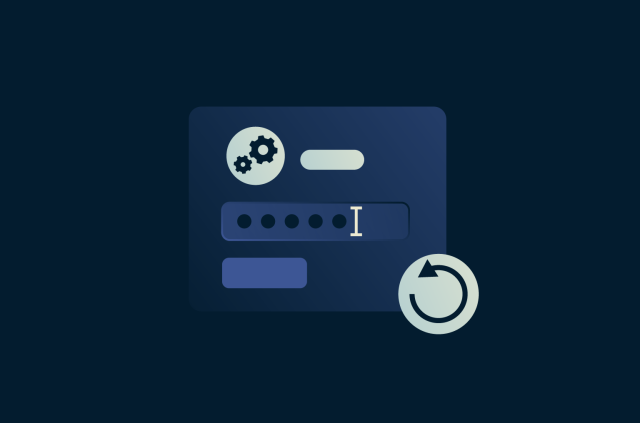
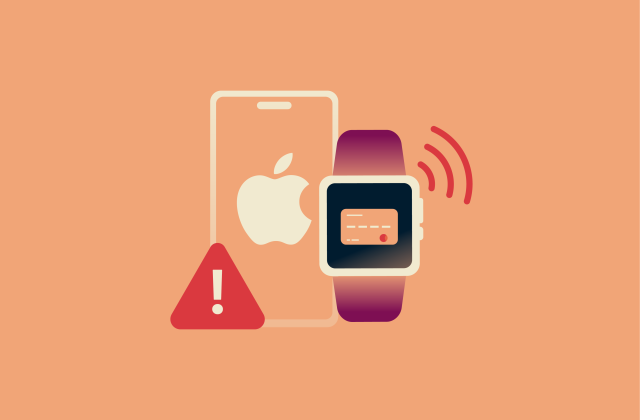
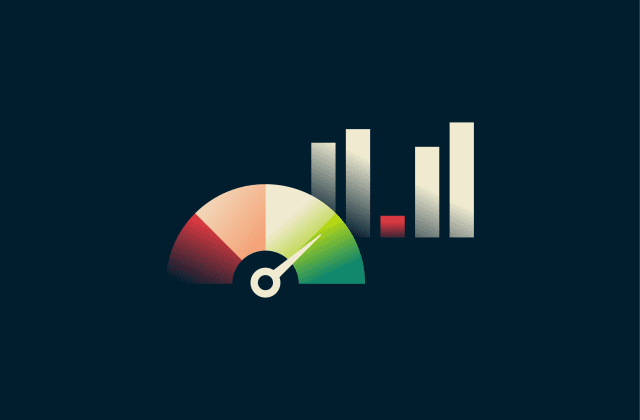
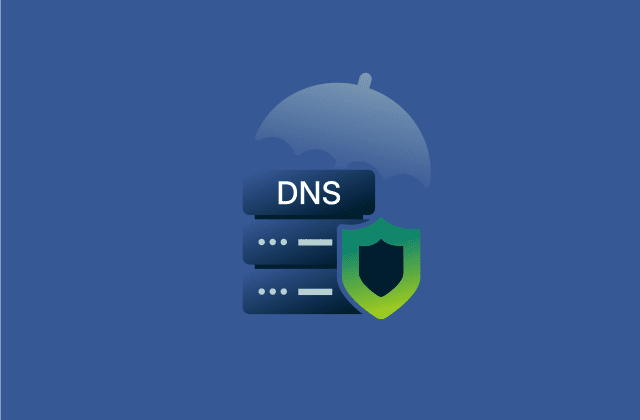

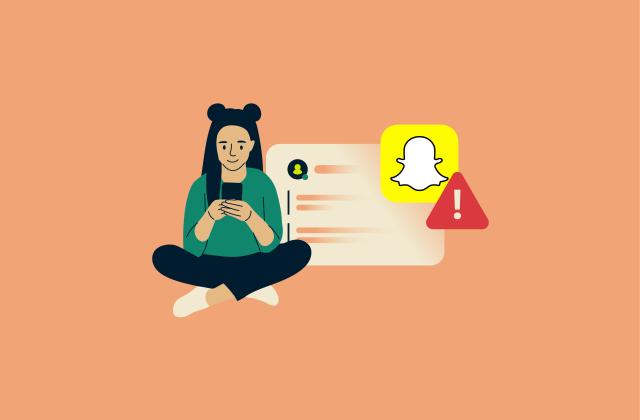
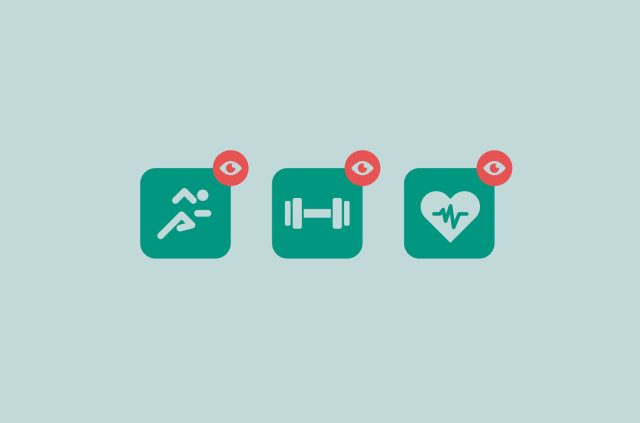
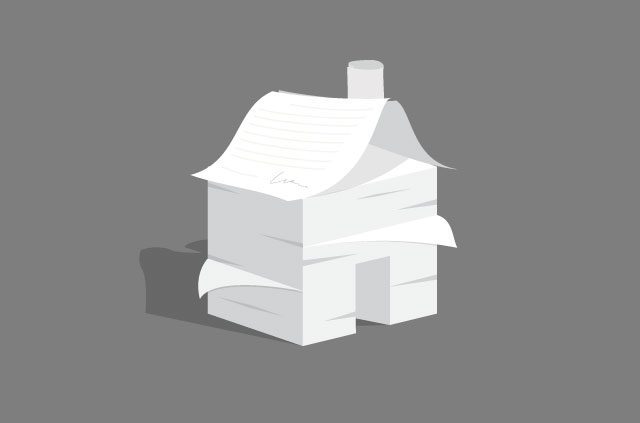
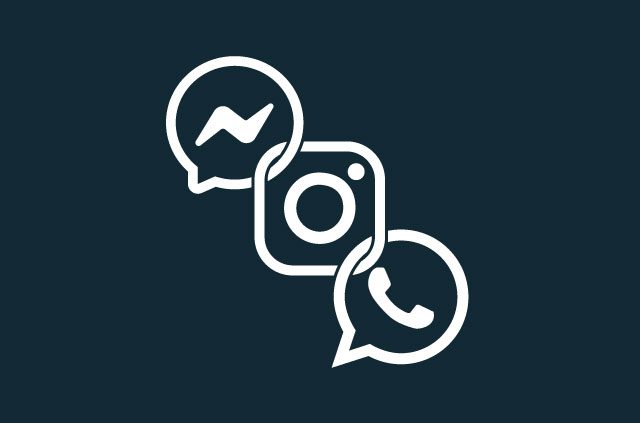
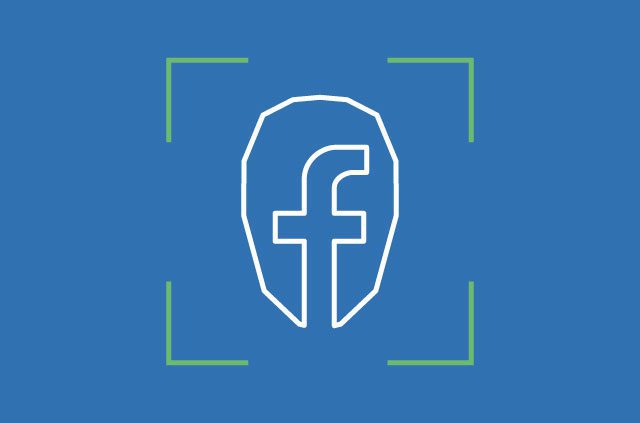
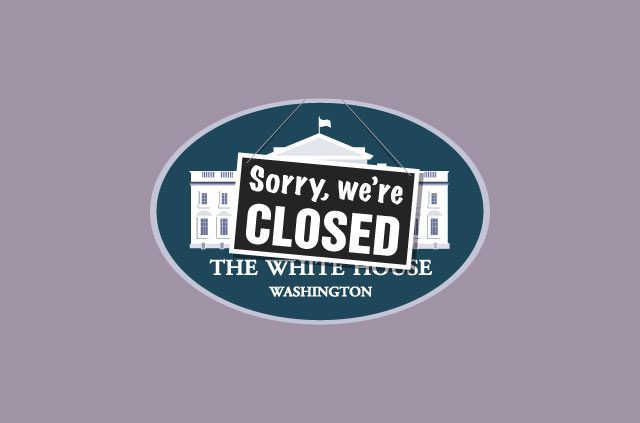
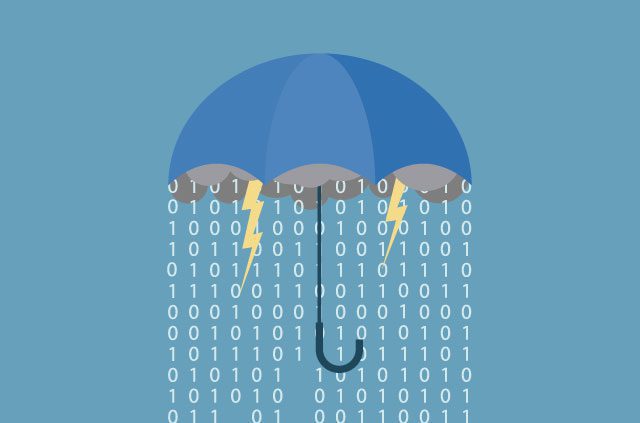
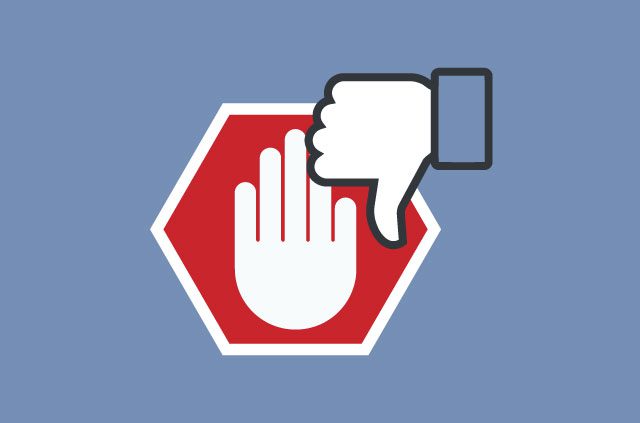






Comments
Unless tracked, how can terrorism be monitored?
This shouldn't come as a surprise. Connecting to any network can result in your information being sniffed and by agreeing to the terms you are accepting that fact. You're choosing to use their infrastructure so why wouldn't they want to keep track of who's using it? They're responsible for what happens on that network so it only makes sense. Same with companies like Verizon. They are actively tracking for certain activities and when your IP alerts, you're flagged. So free or not, you're choosing to transmit packets through someone else's network and by now most should already understand this concept. I'm sure anyone that's used free wifi by now is used to clicking the 'accept' button before being able to continue to use the network? In Hong Kong, I recall being able to connect to the airport's wifi network for free, but just because an accept button isn't there doesn't mean your data isn't being sniffed.
easy solution sign up with a one time use email address and use a vpn